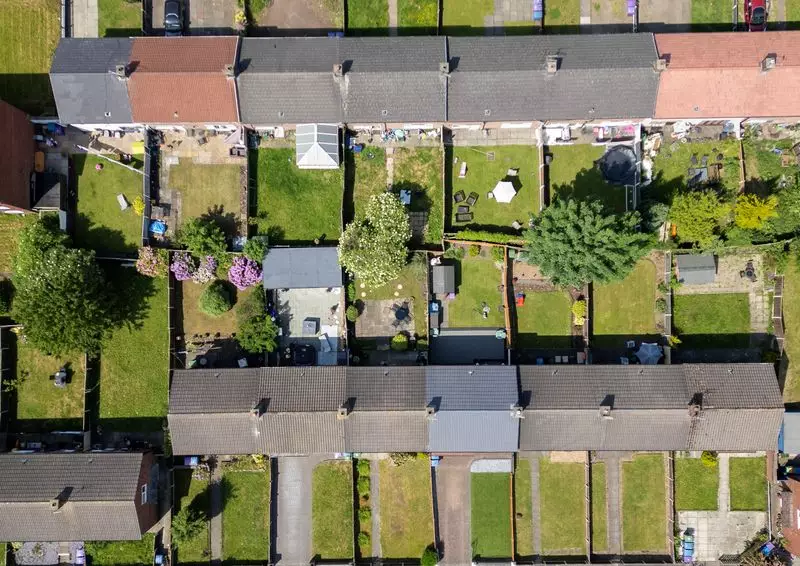The outlook for British home prices is a topic of much discussion among housing market specialists. According to a recent poll conducted by Reuters, experts anticipate a modest rise in home prices this year. The projected 1.8% increase for 2024 is expected to outpace overall inflation, indicating a positive trend in the housing market. This growth is supported by anticipated reductions in borrowing costs and a scarcity of housing supply.
One of the key findings of the poll is that purchasing affordability for first-time buyers is expected to improve over the coming year. With stable house prices and real income growth, prospective buyers may find it easier to finance a home purchase. This is welcome news for those looking to enter the property market, as increased affordability can open up new opportunities for aspiring homeowners.
While improvements in affordability are encouraging, the issue of housing supply remains a significant concern. Experts unanimously agree that the supply of affordable homes will fall short of demand over the next two to three years. This shortage is particularly pronounced in the entry-level housing market, creating challenges for first-time buyers. Developers cite a lack of positive sentiment as a barrier to construction, underscoring the need for market and political stability.
Government Intervention
Respondents to the poll suggest that the government should play a more active role in addressing housing affordability. Suggestions include reducing housing taxes, promoting office conversions, easing planning restrictions, and expanding shared equity initiatives. However, with no clear consensus on the best solutions, the gap between supply and demand is likely to persist, even under a new government.
Looking ahead, experts project a steady increase in home prices over the next few years. Median forecasts indicate a 3.1% rise next year and a 4.0% increase in 2026. While predictions vary, the overall trend suggests a gradual but positive growth trajectory for the housing market. Factors such as interest rate cuts or tax incentives could potentially alter these forecasts, highlighting the dynamic nature of the housing market.
In London, a hub for foreign investors, home prices are expected to see slightly higher increases compared to the national average. Projections show a 1.8% rise this year, followed by a 3.9% increase next year and a 4.9% uptick in 2026. These figures reflect the unique dynamics of the London property market, which is influenced by factors such as international investment and economic trends.
The future of British home prices appears to be relatively stable, with modest growth expected in the coming years. While affordability improvements are on the horizon, challenges related to housing supply and government intervention remain key considerations for policymakers and industry stakeholders. By closely monitoring market trends and implementing targeted solutions, the housing market can navigate the complexities of supply and demand dynamics to ensure a sustainable and inclusive housing landscape for all stakeholders.

